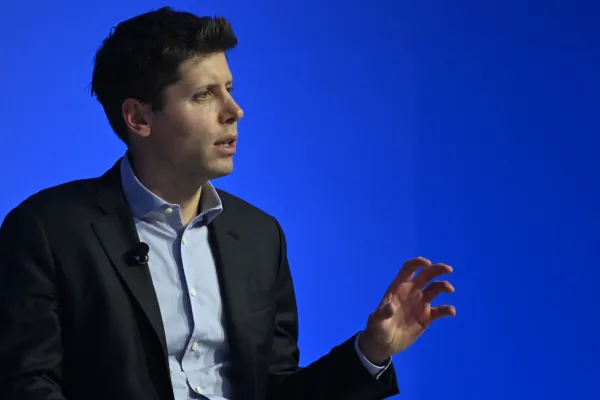X Moves to Appeal Karnataka Ruling, Warns Against 'Secretive' Sahyog Takedowns
The company called the system “arbitrary” and said it violates fundamental principles of due process and free speech rights.

In a forceful response, X (formerly Twitter) has announced plans to challenge a Karnataka High Court order permitting over two million police officers to issue takedown requests through a new portal called Sahyog.
The company called the system “arbitrary” and said it violates fundamental principles of due process and free speech rights.
“X is deeply concerned by the recent order from the Karnataka court in India, which will allow millions of police officers to issue arbitrary takedown orders through a secretive online portal called the Sahyog. This new regime has no basis in the law, circumvents Section 69A of the IT Act, violates Supreme Court rulings, and infringes Indian citizens’ constitutional rights to freedom of speech and expression,” the company said.
“The Sahyog enables officers to order content removal based solely on allegations of ‘illegality,’ without judicial review or due process for the speakers, and threatens platforms with criminal liability for non-compliance. … We respectfully disagree … X contributes significantly to public discourse in India … We will appeal this order to defend free expression.”
The High Court dismissed X’s petition last week, finding no merit in its challenge. Critics say the ruling intensifies tension between digital censorship and user rights in India.
X argues the decision conflicts with past rulings — such as a Bombay High Court judgment that struck down a similar regime — and fails to account for constitutional safeguards.
In a related report, Reuters notes that India’s government has expanded powers since 2023, increasing the number of officials authorised to issue content removal orders electronically. X’s upcoming appeal will test whether the Sahyog mechanism can withstand scrutiny in higher courts.




